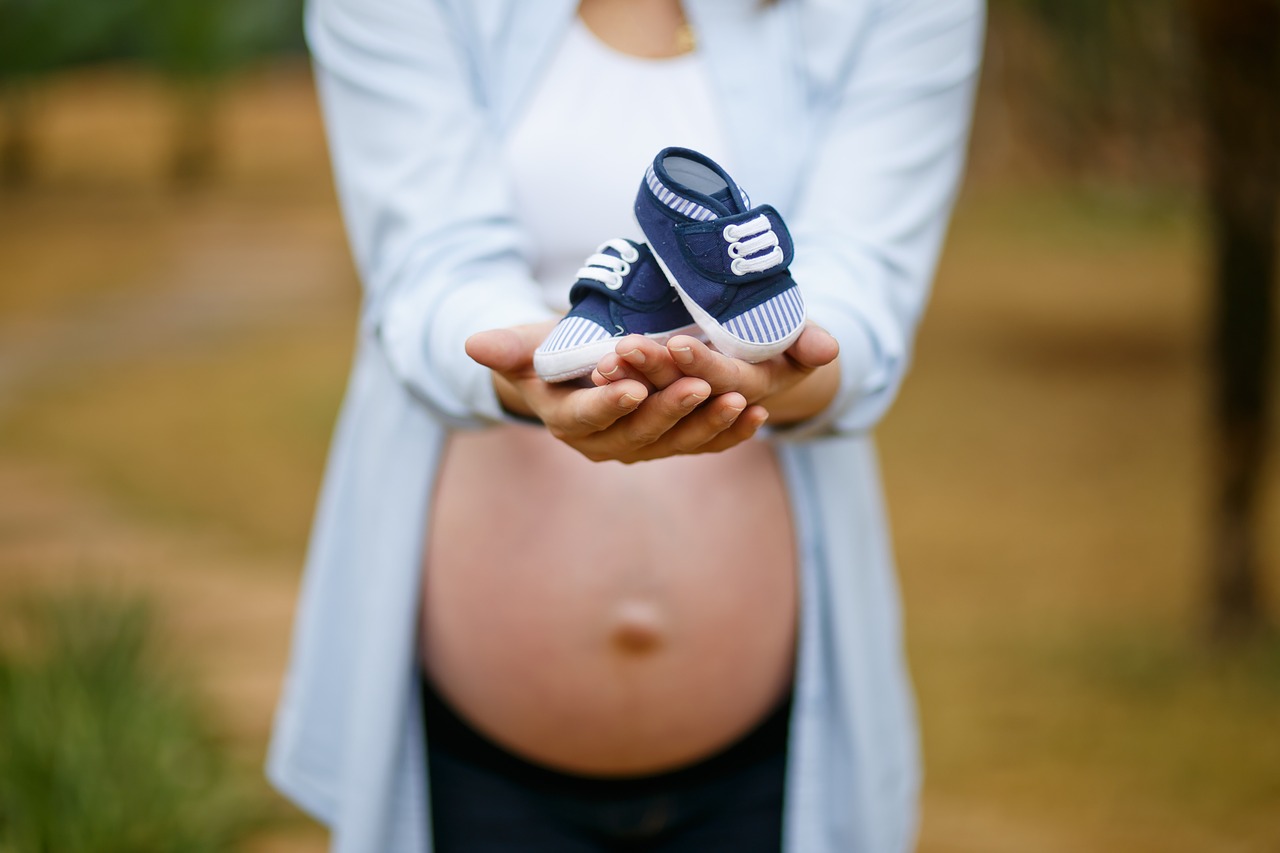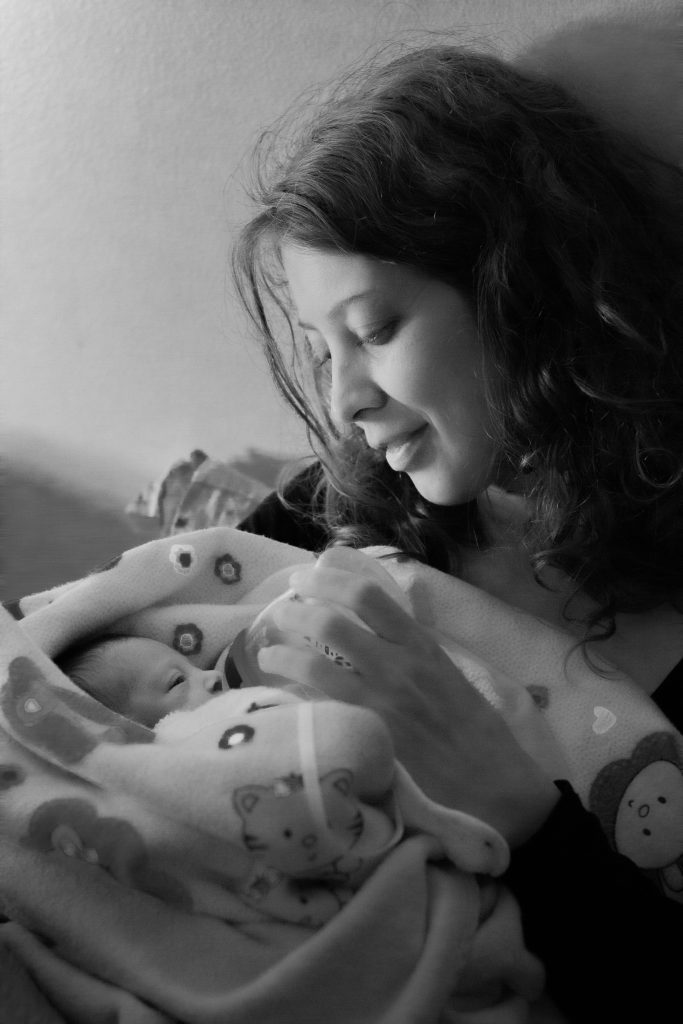Welcoming a new life into the world is a profound and intimate experience, and for many expecting parents, opting for a home birth with the support of an independent midwife can offer a deeply personalized and empowering birthing experience. If you’re considering this route, here’s a comprehensive guide to help you choose the right independent midwife for your home birth journey.
1. Research and Recommendations: Begin your search by researching independent midwives in your area. Seek recommendations from friends, family, and online communities who have had positive experiences with home births. Look for midwives who are accredited by reputable organizations and have a strong track record of supporting home births.
2. Qualifications and Experience: Ensure that the midwife you choose is fully qualified and experienced in providing care for home births. Check their credentials, including their training, certifications, and any additional qualifications in midwifery or related fields. Experience matters, so inquire about the number of home births they’ve attended and their approach to supporting birthing families.
3. Compatibility and Communication: Establishing a strong rapport with your midwife is essential for a positive birthing experience. Schedule initial consultations with prospective midwives to assess compatibility and communication styles. Discuss your birth preferences, concerns, and expectations openly, and ensure that your midwife listens attentively and respects your choices.
4. Continuity of Care: Consistency of care is paramount during pregnancy and childbirth. Inquire about the midwife’s availability for prenatal visits, labor support, and postnatal care. Clarify their on-call availability and backup arrangements in case of emergencies or overlapping births to ensure continuity of care throughout your birthing journey.
5. Holistic Approach and Supportive Care: Choose a midwife who embraces a holistic approach to childbirth and offers comprehensive, supportive care that aligns with your values and preferences. Consider their approach to pain management, breastfeeding support, newborn care, and postpartum wellbeing. Seek a midwife who respects your autonomy and empowers you to make informed decisions about your birth experience.




